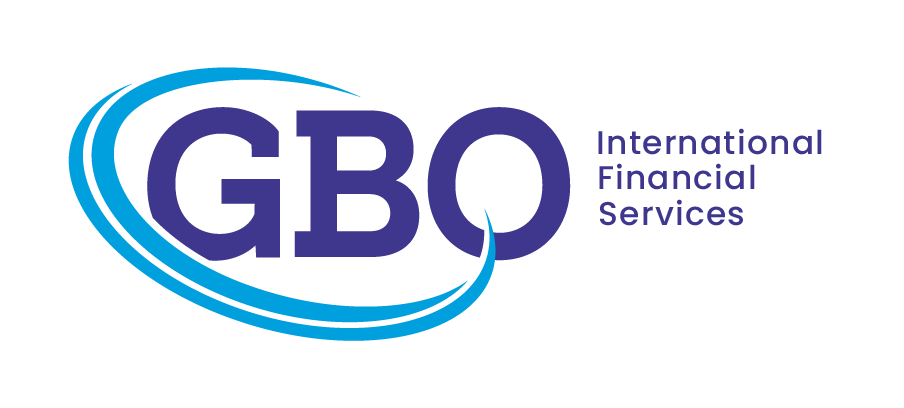 https://www.gbofintech.com/wp-content/uploads/2022/03/Crypto1-1.jpg
610
2500
admin2
https://www.gbofintech.com/wp-content/uploads/2024/05/GBO_logo-transperance-png.png
admin22022-03-10 11:45:332022-04-14 11:37:55Open Cryptocurrency Business Bank Account
https://www.gbofintech.com/wp-content/uploads/2022/03/Crypto1-1.jpg
610
2500
admin2
https://www.gbofintech.com/wp-content/uploads/2024/05/GBO_logo-transperance-png.png
admin22022-03-10 11:45:332022-04-14 11:37:55Open Cryptocurrency Business Bank AccountOur team will be happy to assist you to form most suitable corporate, banking structure and gaming licensing needs for you throughout our wide network of banks, payment processors and gaming regulators
Contact details
GBO International Financial Services LTD | Corporate Services
Call Us Today: + 972504938469 | [email protected] | LinkedIn
DISCLAIMER
The opinions expressed on this page are the views of the author(s) and do not necessarily reflect the views of GBO International Financial Services (“GBO”). Responsibility for the information and opinions expressed lies entirely with the author(s). We make no representations or warranties of any kind, express or implied, about the completeness, accuracy, reliability, suitability or availability with respect to the information, products, services, or related graphics contained on this page for any purpose. Any reliance you place on such information is strictly at your own risk. In no event will we be liable for any loss or damage including without limitation, indirect or consequential loss or damage, or any loss or damage whatsoever arising from loss of data or profits arising out of, or in connection with, the use of this website and/or reliance on any content contained therein GBO does not provide any tax consultation and the information provided should not be seen as a substitute for professional consultation with the appropriate experts. We do not take responsibility for any harm caused as a result of using the information provided herein. All the information provided on this site is general and is not intended to pose a particular opinion and/or be seen as legal advice. You may not duplicate, copy, photograph, record, translate or transmit any of the material on this site without the written permission of the site owners. Please read our Terms of Service. Please read our Terms and Service and our Privacy Policy and our Cookies Policy.









